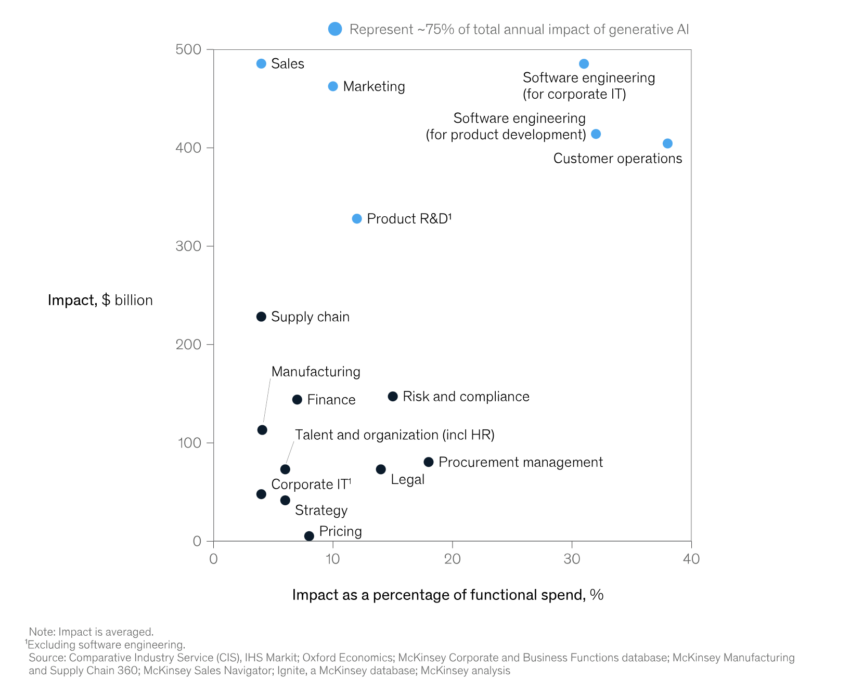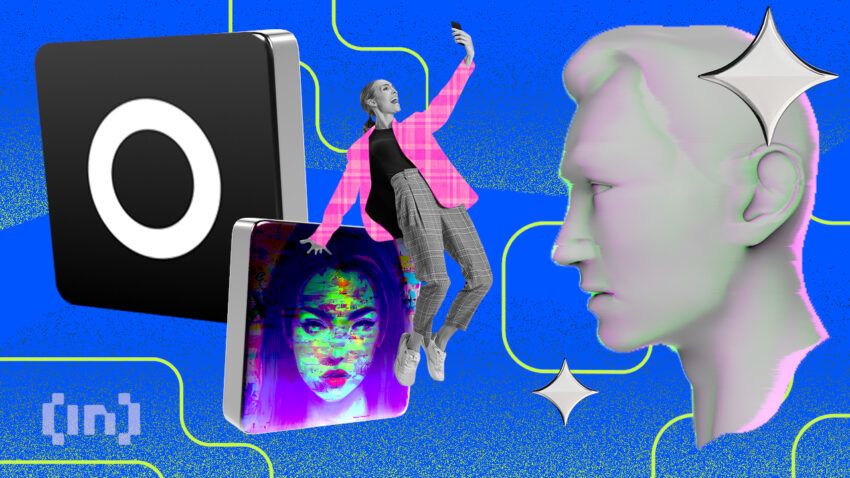During a six-year partnership, OpenAI will use Shutterstock images, videos, and music from content creators to train its large-language model.
Shutterstock will also have insider access to OpenAI’s latest technology and editing tools.
Shutterstock Deal With OpenAI Treads Tricky Territory
Additionally, OpenAI will bring generative capabilities to a new Graphical Interchange Format (GIF) tool Shutterstock acquired from Meta last year.
The new deal may seem odd, considering AI’s potential to disrupt stock providers like Shutterstock through advanced generative capabilities. Moreover, content creators have criticized AI startups for using their material without credit or payment.

Read more here about AI image generators.
OpenAI, the company behind the generative tool ChatGPT, has also come under fire for allegedly abusing sensitive data. Its use of copyrighted material to train algorithms also lies within a legal gray area.
Earlier this year, Shutterstock rival Getty Images sued Stability AI for training its AI model on copyrighted content. In March, the US Copyright Office said fully synthetic content does not enjoy legal protections because it has no human author.
Few Can Answer the Authenticity Question
Last week, the Recording Academy, in charge of the Grammys, said it would allow music with AI content to qualify for nomination at this year’s event.
However, the caveat is that an artist or label may not nominate a song’s AI-generated elements in a category reserved for human ingenuity. For example, songs with AI-generated lyrics cannot qualify in the songwriter category, while songs with artificially-generated vocals cannot be entered into the performance category.
In a nutshell, only elements with a minimum level of human input and creativity can qualify. How the Recording Academy would enforce rules and punish offenders is unclear.
Earlier this year, Google said it would launch a watermarking feature and metadata tools to separate fake and AI-generated content. Watermarked images would contain data marking them as real, while metadata would provide context.
China’s new AI rules control the data AI firms may train their algorithms on, lessening the scope of content they output. Companies need to develop tools to filter content out of line with socialist values, Hong Kong professor Angela Zhang noted.
Got something to say about generative art, Shutterstock’s partnership with OpenAI or anything else? Write to us or join the discussion on our Telegram channel. You can also catch us on TikTok, Facebook, or Twitter.
Disclaimer
In adherence to the Trust Project guidelines, BeInCrypto is committed to unbiased, transparent reporting. This news article aims to provide accurate, timely information. However, readers are advised to verify facts independently and consult with a professional before making any decisions based on this content. Please note that our Terms and Conditions, Privacy Policy, and Disclaimers have been updated.


